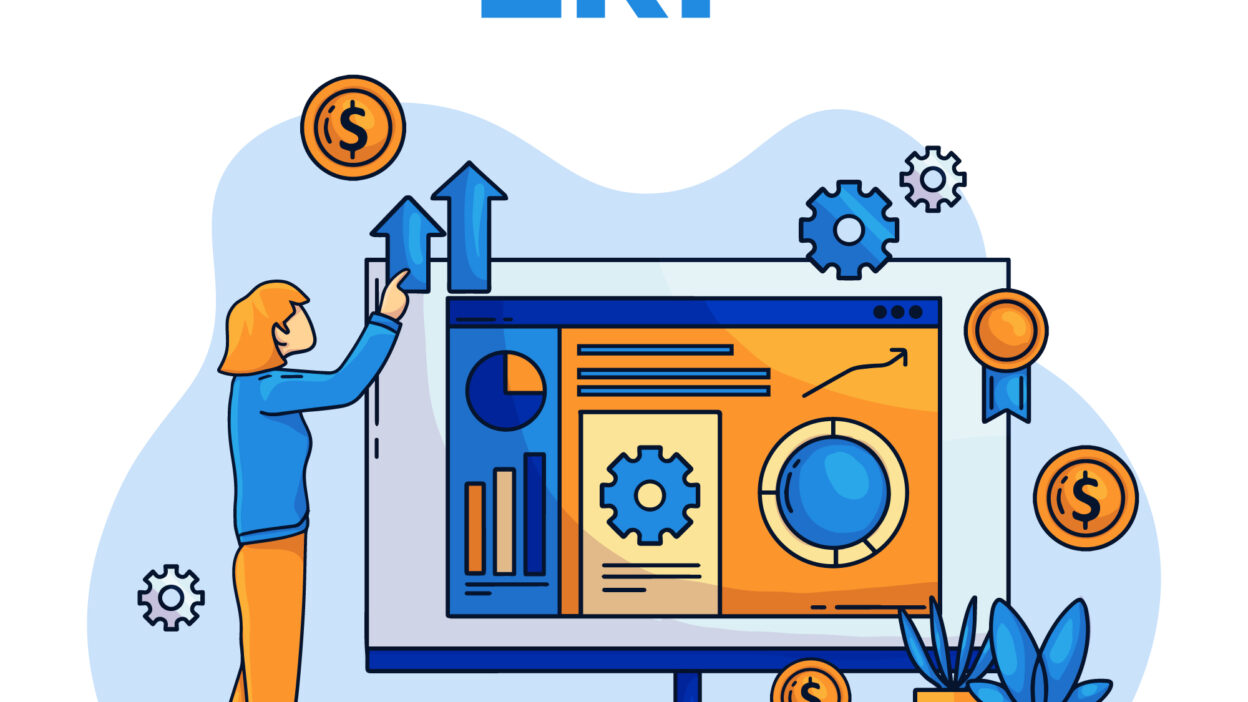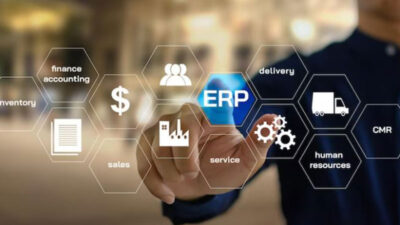Enterprise resource planning (ERP) is a software system that helps organisations streamline their core business processes—including finance, HR, manufacturing, supply chain, sales, and procurement—with a unified view of activity and provides a single source of truth.
Understanding ERP
Enterprise Resource Planning (ERP) is a software solution that helps businesses manage and integrate core functions such as finance, human resources, supply chain, manufacturing, customer relationship management (CRM), and more. By centralizing data and automating processes, ERP enables organizations to improve efficiency, reduce errors, and make informed decisions.
Key Features of ERP Systems
- Centralized Data Management: ERP consolidates data from multiple departments into a single system, ensuring accuracy and accessibility.
- Automation of Business Processes: Automates repetitive tasks, reducing manual effort and increasing efficiency.
- Scalability: Adapts to growing business needs, making it suitable for small startups to large enterprises.
- Real-time Reporting and Analytics: Provides insightful data to support strategic decision-making.
- Integration with Other Systems: Seamlessly connects with third-party applications like CRM, e-commerce, and supply chain management tools.
Benefits of ERP Implementation
- Improved Productivity: Reduces administrative overhead and automates routine tasks.
- Better Collaboration: Enhances communication across departments by providing a unified system.
- Enhanced Data Security: Ensures compliance and protects sensitive business information.
- Cost Efficiency: Minimizes operational costs by optimizing resource utilization.
- Customer Satisfaction: Streamlines order processing and inventory management, leading to faster and more accurate deliveries.
ERP in Different Industries
ERP systems are used across various industries, including:
- Manufacturing: Manages production planning, supply chain, and inventory.
- Retail: Streamlines point-of-sale, inventory, and customer management.
- Healthcare: Facilitates patient records, billing, and compliance management.
- Education: Helps in student enrollment, finance, and faculty management.
- Construction: Tracks project timelines, costs, and resources efficiently.
Choosing the Right ERP Solution
When selecting an ERP system, businesses should consider factors such as:
- Business size and industry requirements
- Customization and scalability options
- Integration capabilities with existing systems
- User-friendliness and training support
- Cost and return on investment (ROI)
Conclusion
Enterprise Resource Planning systems play a crucial role in modern businesses by integrating various functions into a single, cohesive platform. With the right Enterprise Resource Planning solution, companies can achieve greater efficiency, improve collaboration, and drive growth. If you’re looking for a robust Enterprise Resource Planning system, Xaltam Technologies offers tailored solutions to help you optimize your business operations effectively.




